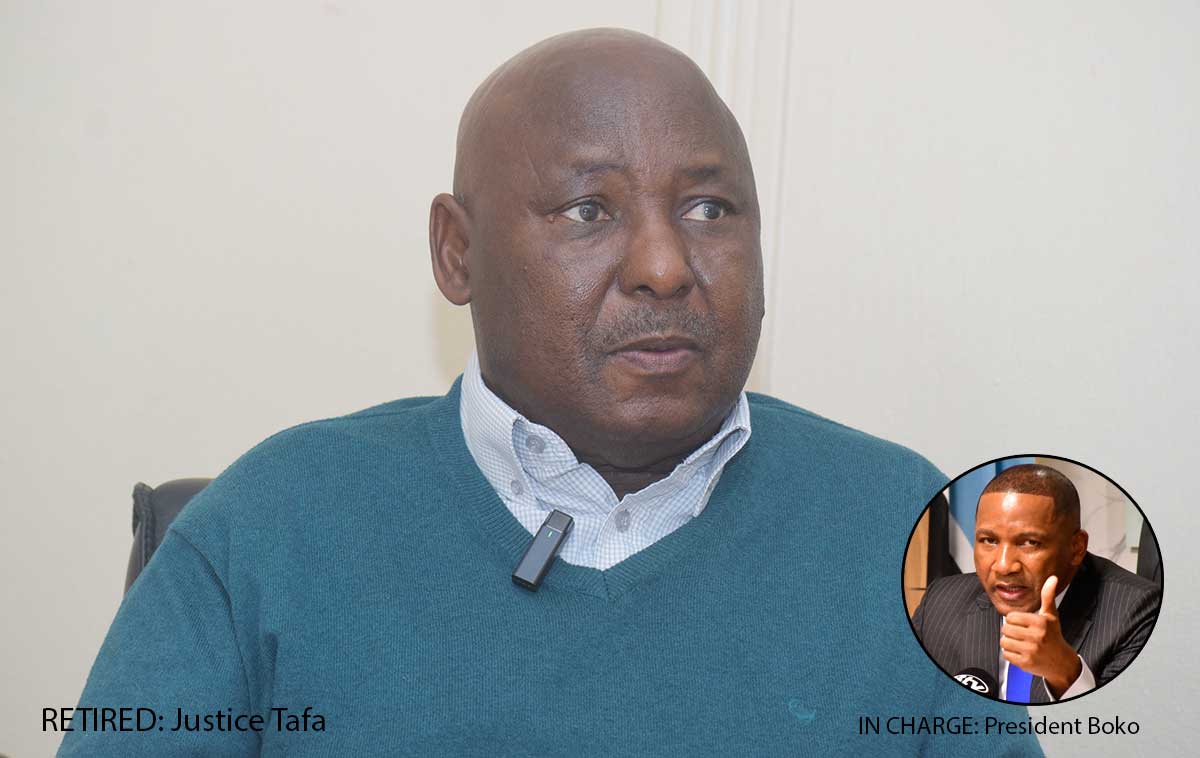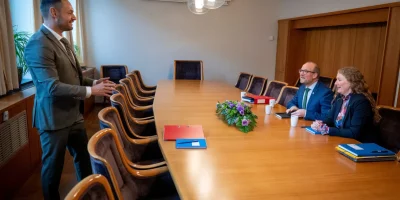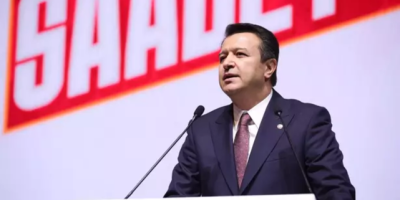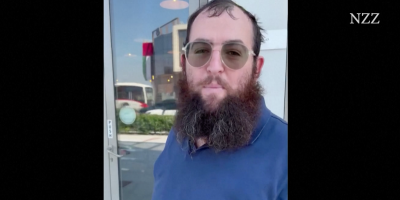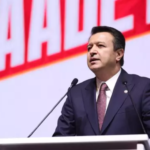Retired High Court Judge, Abednego Tafa, says President Duma Boko acted within the law when he granted a Central Kgalagadi Game Reserve (CKGR) family the right to bury their deceased within the reserve despite a High Court ruling against it.
Defending the president’s decision, Tafa explained that, Boko acted within the bounds of his executive authority and used his prerogative of mercy to rectify an injustice to the late Pitseng Gaoberekwe’s family.
“I don’t have the details of the judgment but what I understand is that the President has Executive powers to grant mercy event after a conviction. For example, a person can be convicted and be sentenced to death but the president can use prerogative of mercy and reverse the sentence. The president has those executive powers. He did not overrule the judgment, he is only using prerogative of mercy,” explained Tafa.
Gaoberekwe was a CKGR Mosarwa man whose body has been lying in the mortuary for the past three years due to conflict over his burial ground.
A quick background of the matter is that Gaoberekwe left CKGR in 2014 to settle in New Xade, a settlement created by government to relocate the Basarwa from the reserve.
New Xade offered free essential services from government including health centre and social welfare benefits among others.
According to his family, it was during the time that Gaoberekwe was battling a lengthy sickness that he went to New Xade to access some of the health services and was in the process enrolled in welfare programmes.
After his passing on Christmas Eve 2021, his family expressed a desire to bury him in the CKGR, a place deeply tied to their identity and traditions.
However, government through Gantsi District Council, blocked the request citing the family’s relocation to New Xade.
The ensuing legal action attracted the interests of human rights activists and attorneys, including Duma Boko, who at the time was running a law-firm in the capital city Gaborone.
Despite losing the case at the High Court and the Court of Appeal, the family did not give up, as they took their fight to international platforms accusing government of human rights violations.
Nonetheless, fate intervened when Boko won the elections and assumed the presidency, giving the family a chance to appeal directly to the highest office.
Responding to the matter, Press Secretary to the President, Emang Mutapati explained that government would abandon the earlier court victory and allow the burial in the CKGR. “There is nothing untoward about the President declaring that Pitseng Gaoberekwe will be buried in CKGR, his ancentral land on Human Rights Day on December 10th because government was a client in that court case and any client has the right to abandon any judgment which is in their favour if they so wish.”
Mutapati added that , denying Gaoberekwe the right to be buried in his ancestral ground was a violation of his rights in the first place. “Besides to have denied this son of the soil his right to rest with his ancestors was a gross human rights violation to begin with and President Boko is only correcting a wrong that should have not been allowed to happen in the first place.”
While President Boko’s decision has been hailed a victory for indigenous rights, it has also raised questions about the boundaries of presidential powers.
Detractors have argued that the decision sets a concerning precedent, while sympathisers view it as a necessary correction to years of marginalisation faced by the CKGR community.

